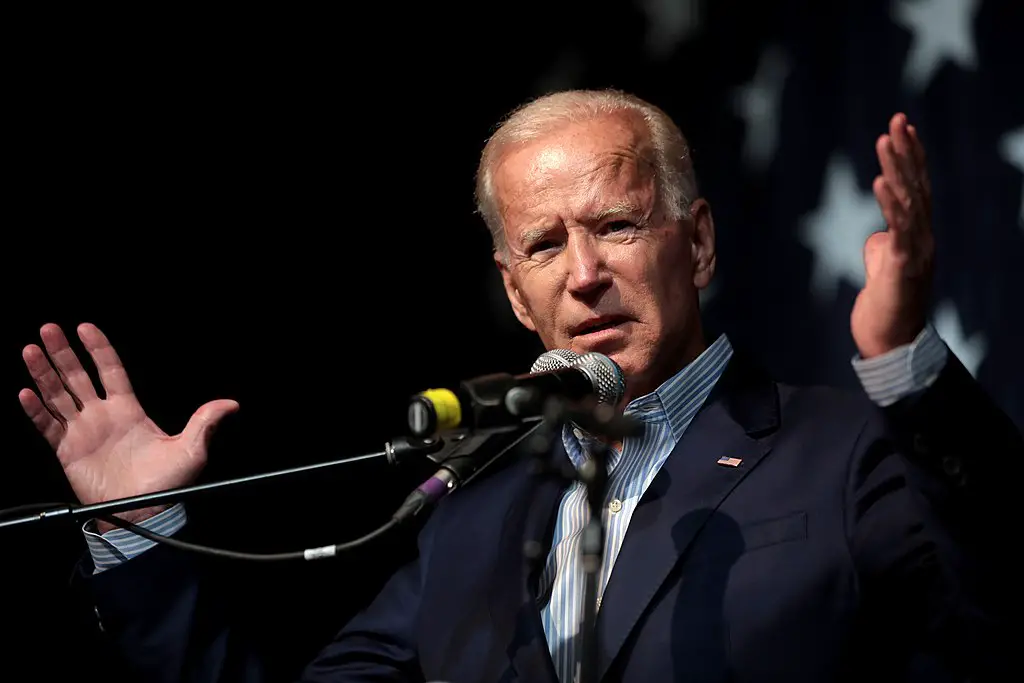When asked about his plans for canceling $50,000 of student loan debt at a CNN town hall event in Milwaukee, Wisconsin, President Joe Biden replied that he “would not make that happen.”
“My point is: I understand the impact of debt, and it can be debilitating,” he clarified. “I am prepared to write off the $10,000 debt but not $50 [thousand], because I don’t think I have the authority to do it.”
Biden has been firm in his belief that Congress should cancel student loans because, as the branch of government that is responsible for federal spending, it also covers any plans for student loan cancellation.
The president reiterated his stance on using the money to provide early education for children of low-income families, provide more resources for historically black colleges and universities, and make community college free.
“I do think in this moment of economic pain and strain that we should be eliminating interest on the debts that are accumulating,” he said. “I’m prepared to write off $10,000 but not $50,000.”
Growing Pressure From Democrats
His resolve to maintain this position is a clear rejection of calls by top Democratic officials such as Senate Majority Leader Chuck Schumer (D-NY) and Senator Elizabeth Warren (D-MA) for Biden to cancel student loans through executive order.
Schumer and Warren reference Section 432(a) of the Higher Education Act, which gives the US Secretary of Education the capacity “to modify, compromise, waive, or release any right, title, claim, lien, or demand, however acquired, including any equity or any right of redemption.”
They believe that this also grants the president, through the Secretary of Education, the ability to cancel all student loans.
It’s clear that student debt cancellation is a shared goal for everybody involved — the main issue is the amount that will be canceled, and the process it would go through.



